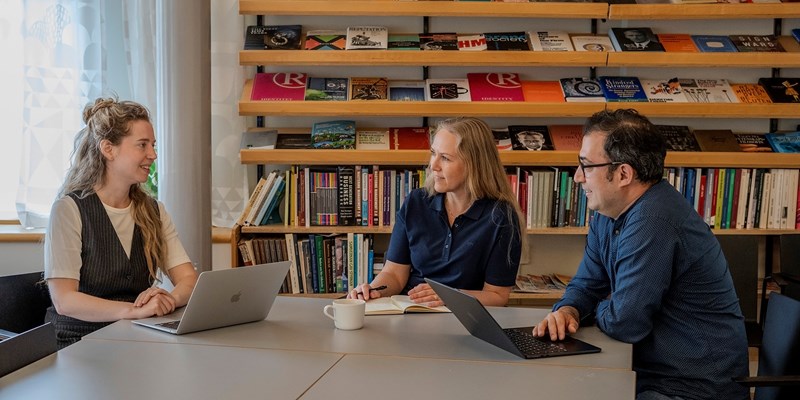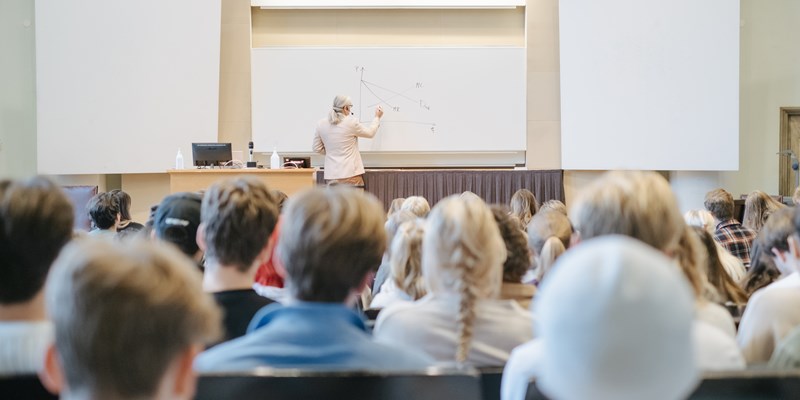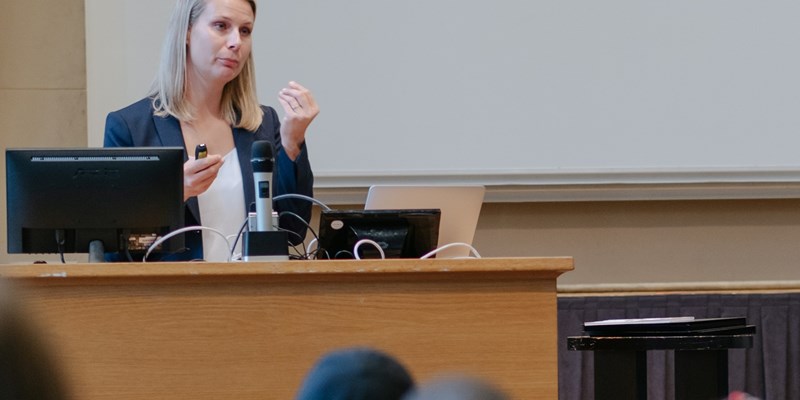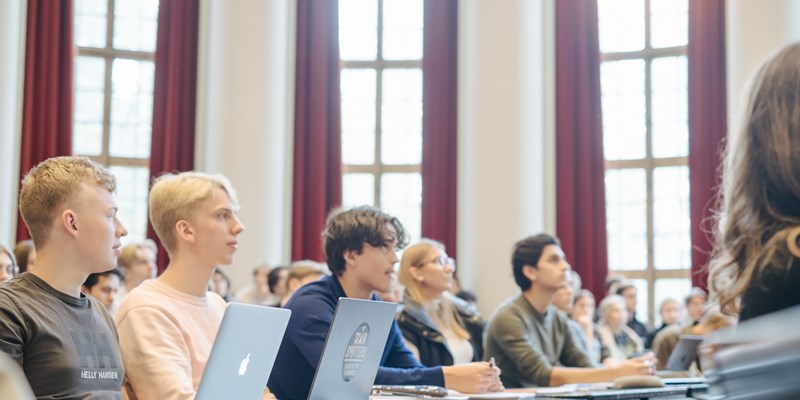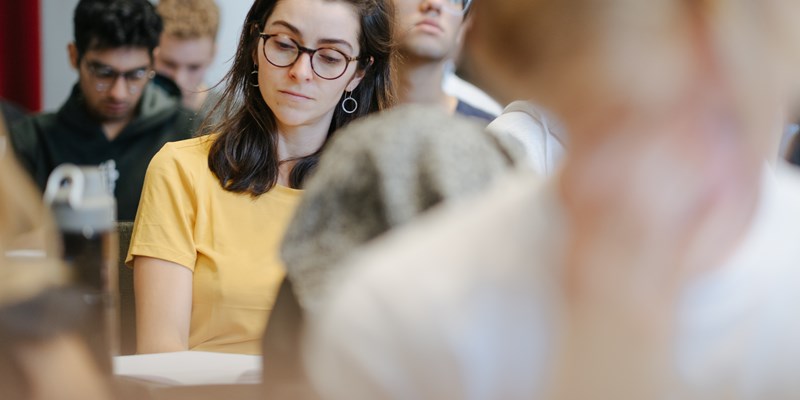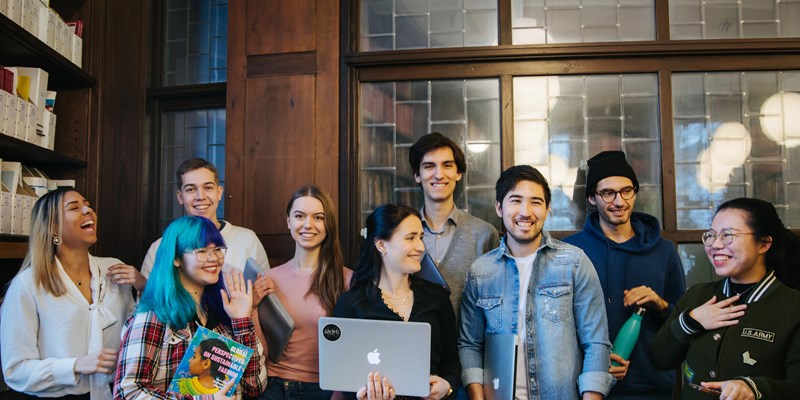Current research projects
The Center for Educational Leadership and Excellence (CELE) explores how schools can be better led and supported to help students thrive. Our research looks at leadership, policy and how schools are organized. Some projects are run by our team at SSE, others in collaboration with partners in Sweden and abroad. Below is a selection of what we're working on right now.

